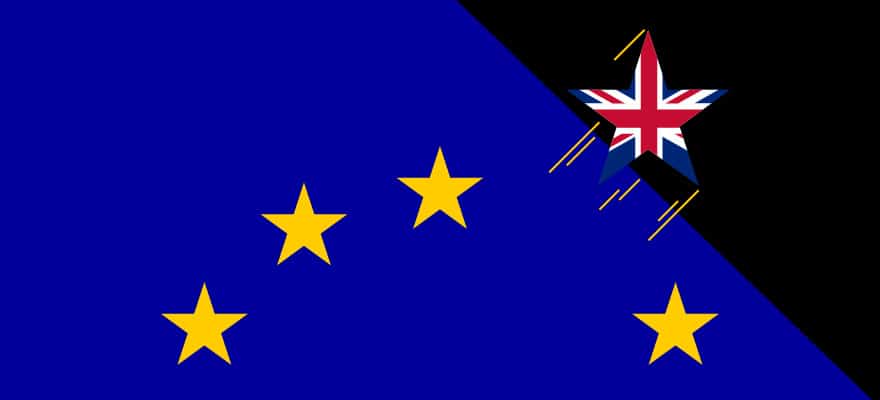In the world of EMIR reporting, a key event that took place last week was the issuance of a €64,000 fine by the European Securities Markets Authority (ESMA) on the DTCC, the largest EU registered trade repository (TR). The fine answered the lingering question on many people’s minds: when will we start to see fines for failing to comply with the regulations? This fine itself was for “negligently failing to put in place systems capable of providing regulators with direct and immediate access to derivatives trading data” for the period between March 21st to December 15th 2014.
Put into effect in February 2014 under the auspices of ESMA, the European Markets and Infrastructure Regulation, better known as EMIR, is a set of guidelines for derivative reporting. The creation of EMIR followed global financial regulators agreeing on the need to put into effect a framework of tracking derivative exposure and counterparty risks after the 2008/09 global financial crisis.
Despite being in effect since 2014, ESMA had yet to enforce penalties on individual firms for reporting issues such as errors in information reported or outright failure to report. While ESMA is yet to fine any firms obligated to report, the fine of the DTCC relates that penalties to individual firms may be on the cards for the near term future.
Beyond last week’s fine, another sign that EMIR related penalties could be on their way was the release of a circular by Cyprus regulator, CySEC , to licensed financial firms in February. In that case, CySEC requested information from firms such as Forex and binary options brokers related to how they are complying with the reporting requirements.
DTCC, trade repositories and reporting firms
In order to facilitate the storage and security of derivative trade information being reported, the EMIR framework created a system of trade repositories. Currently numbered at six, and of which the DTCC is the largest, these firms operate as pseudo middlemen for ESMA. Rather than submitting reports directly to ESMA, companies obligated to report submit their trade information to a TR. The TR operates as a central collection point to manage this derivative trade information and make it available solely to regulators.
On the other side of the spectrum are firms obligated to report under EMIR. Unlike other transactional laws that have been put in place such as MiFID I, EMIR affects even non-financial companies, with any firm in the European Economic Area (EEA) that trades in derivatives to report. As a result, hundreds of thousands of non-financial companies face EMIR requirements such as those in the import/export sector, or those with global customer bases that use derivatives to hedge their currency or interest rate risks.
Next shoe to drop?
Through its fine of the DTCC, ESMA has shown that at the very least it is putting its attention on the top of the food chain of EMIR reporting. Other than fellow TRs such as UnaVista, REGIS-TR and repositories managed by the CME Group and the IntercontinentalExchange, whose services are presumably also being analyzed by ESMA, another group to watch are firms providing delegated reporting.
Within the EMIR framework is the option for firms to report their OTC and exchange traded derivative trades with a third party delegated reporter. This most commonly takes place in the form of banks who provide free EMIR reporting on behalf of their non-financial corporate customers. Also included are service providers that offer solutions to help both financial and non-financial firms automate their EMIR reporting requirements.
Like trade repositories, firms reporting on behalf of their customers have a fiduciary responsibility to their customers. As such, they could become a target for ESMA’s enforcement of EMIR guidelines to ensure that they aren’t being negligent in the handling of customer trade data, after trade repositories are the next most likely area to experience penalties.
In Part 2 we look deeper at potential penalties to reporting firms and how their enforcement is in the hands of local regulators and not ESMA.

















